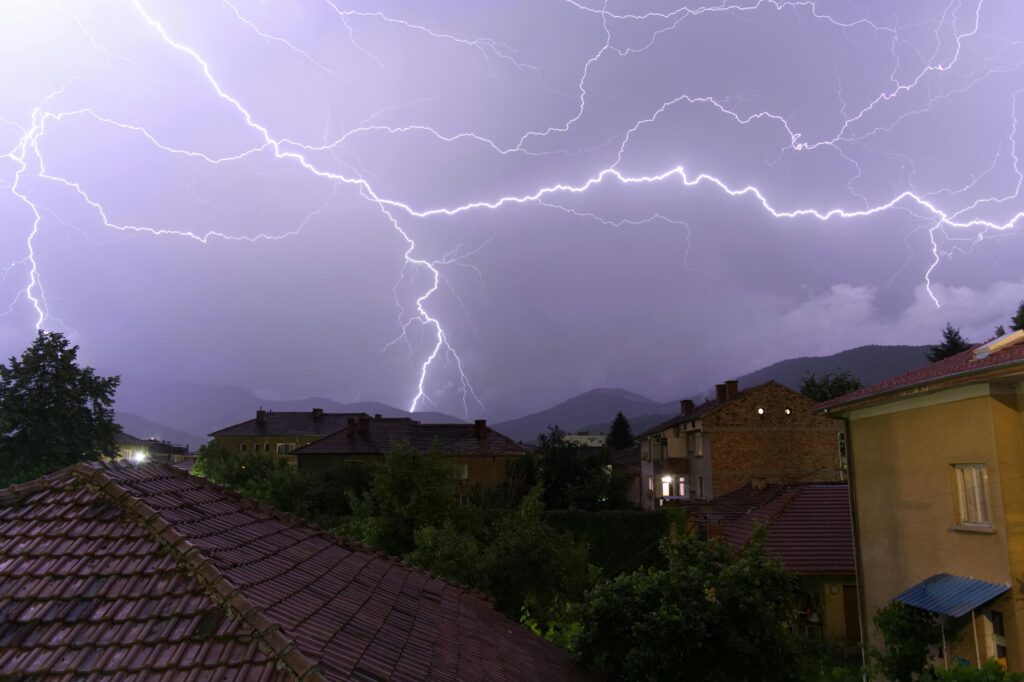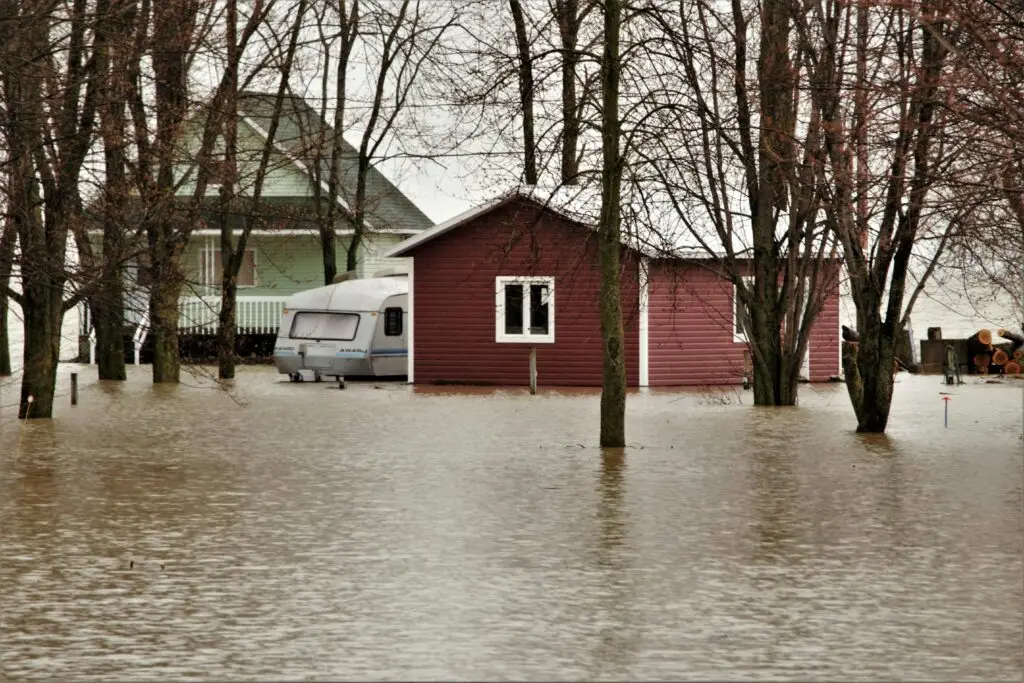Understanding Flood Risks and Preparedness
Flood risks can vary significantly based on geographic location and seasonal weather patterns. Understanding these risks is crucial for effective preparedness. Homeowners should assess their property’s vulnerability to flooding and stay informed about local flood zones and historical flood data.
For example, areas near rivers or coastal regions may face higher risks during heavy rainfall or storm surges. Implementing flood preparedness measures, such as creating an emergency kit and developing an evacuation plan, can help mitigate the impact of potential flooding events.
Steps to Take Immediately After a Flood
After a flood, it’s essential to act quickly to minimize damage and ensure safety. The first step is to assess the situation and ensure that it is safe to enter the property. Check for hazards such as electrical issues or structural damage before proceeding.
Once it’s safe, begin documenting the damage for insurance purposes and start the clean-up process. This may include removing standing water, drying out the home, and salvaging belongings. Engaging professional restoration services can expedite recovery and ensure that the home is safe and habitable.
Long-Term Solutions for Flood Prevention
Implementing long-term solutions for flood prevention is vital for reducing future risks. Homeowners can consider structural modifications, such as elevating their homes or installing flood barriers, to protect against potential flooding.
Additionally, community-level initiatives like improved drainage systems and wetland restoration can significantly enhance flood resilience. Collaborating with local authorities and participating in community planning can lead to more effective flood management strategies.
Insurance Considerations for Flood Damage
Understanding insurance coverage for flood damage is crucial for homeowners in flood-prone areas. Standard homeowners' insurance policies often do not cover flood damage, making it essential to consider separate flood insurance policies.
Homeowners should review their insurance options carefully, including the National Flood Insurance Program (NFIP), which offers coverage for residential properties. Consulting with insurance agents can provide clarity on policy specifics and help ensure adequate protection against flood-related losses.


